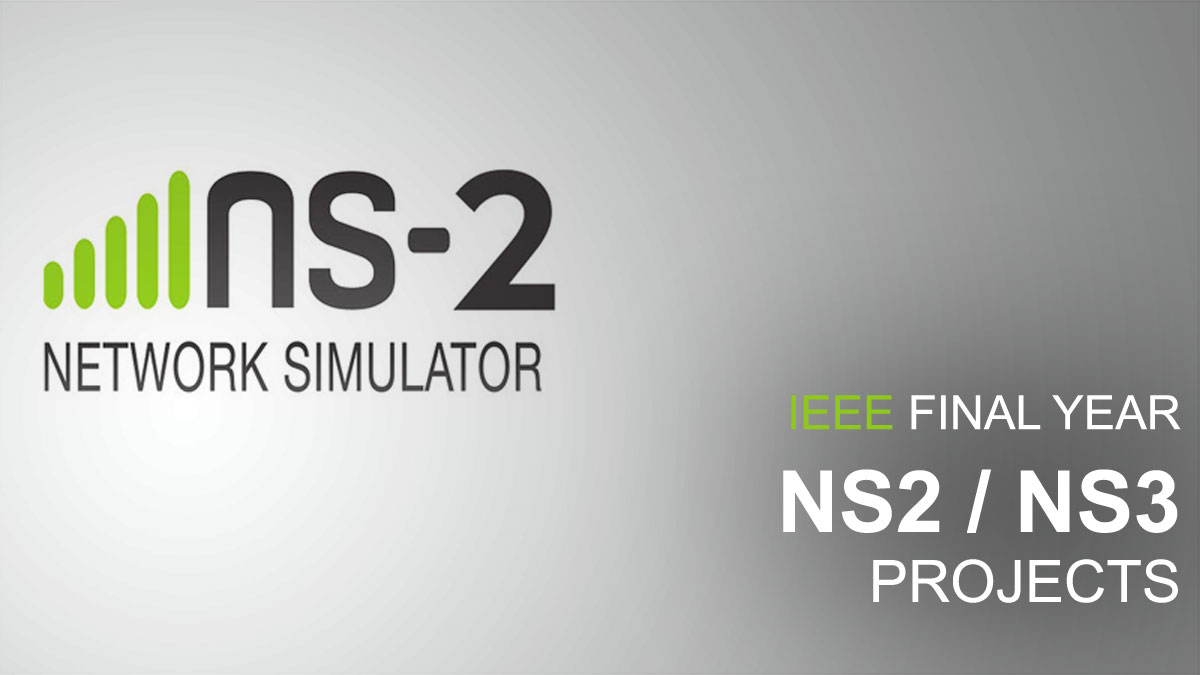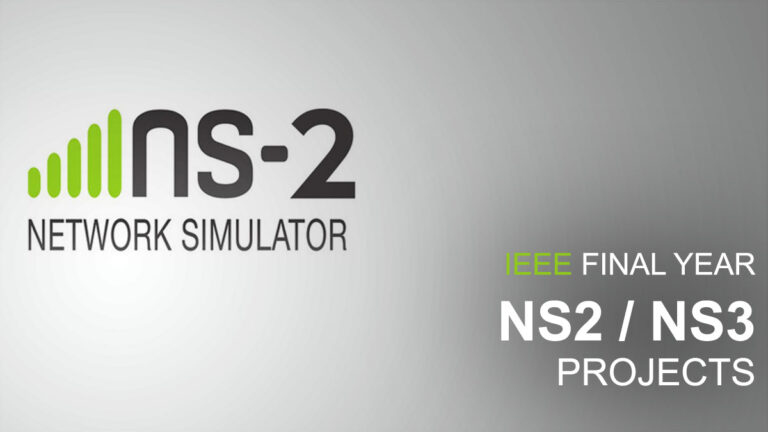
Abstract:
An exhaustive search of all candidate beam pairs for millimeter-wave links in a vehicular scenario cannot be completed within short contact times. We use LiDAR, camera, and GPS data to speed up beam selection.
We propose individual modality and distributed fusion-based deep learning (F-DL) architectures that can run locally and at a mobile edge computing center (MEC) and study their tradeoffs.
For F-DL architecture output dimensions, we formulate and solve an optimization problem that takes into account practical beam-searching, MEC processing, and sensor-to-MEC data delivery latency overheads.
Extensive evaluations on publicly available synthetic and home-grown real-world datasets show 95% and 96% beam selection speed improvements over classical RF-only beam sweeping. F-DL predicts top-10 beam pairs 20-22% better than state-of-the-art methods.
Note: Please discuss with our team before submitting this abstract to the college. This Abstract or Synopsis varies based on student project requirements.
Did you like this final year project?
To download this project Code with thesis report and project training... Click Here
